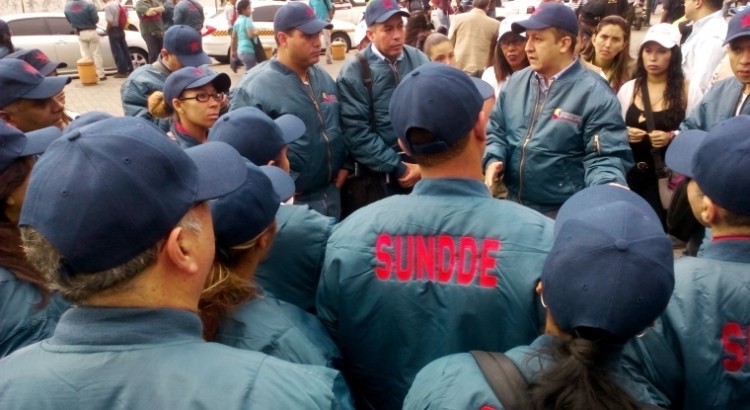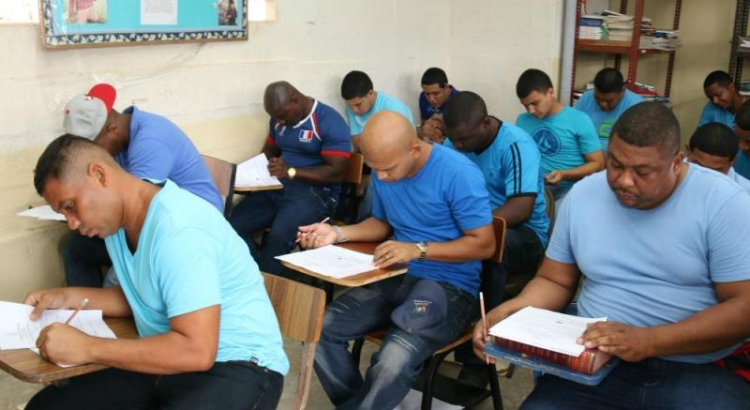Fuente CADTM
46 accionistas controlan el 40% del valor total de las empresas
8 de abril de 2016por Narciso Pizarro

CC – Flickr – Metropolico.org
En 2011, S. Vitali, J.B. Glattfelder, and S. Battiston, publicaron un artículo de gran importancia, no solo muy citado, sino muy leído: The network of global corporate control (PLOS ONE, 26 de octubre de 2011) donde expusieron los resultados de una investigación gigantesca, realizada en la Escuela Politécnica de Zúrich, sobre la relación entre los propietarios de las mayores empresas del mundo.
Esta investigación examina las relaciones de propiedad existentes entre las 43.060 mayores empresas multinacionales del mundo, con datos procedentes de la base de datos Orbis en 2007. Esas relaciones se analizan como cadenas de participaciones en el capital de una empresa en otra. Los autores encuentran 1.006.987 cadenas de relaciones de propiedad entre 600.508 nodos, actores económicos que incluyen a las más de 40.000 multinacionales y a otros agentes no incluidos en esta lista inicial de empresas.
Los resultados del análisis de esta red son muy interesantes: 737 accionistas, el 0,123% de todos los accionistas, controlan el 80% del valor de las más de 43.000 compañías multinacionales. Y, además, 146 de estos accionistas, el 0,024% del número total de accionistas, controlan el 40% del valor total de estas empresas. Es decir, existe una alta concentración del control. Y, lo que es quizás todavía más importante, esos accionistas están extremadamente conectados entre ellos. En el artículo se expone además la lista de los 50 mayores accionistas que se encontraron con los datos que, no olvidemos, son de 2007.
Con una metodología diferente y con datos de 2012, procedentes de la base de datos OSIRIS, la Dra. Reyes Herrero, de la Universidad Complutense de Madrid, estudiando las redes formadas por los accionistas comunes entre las 150 mayores empresas del mundo, encontró unos resultados muy semejantes. Los accionistas más importantes en este estudio coinciden casi totalmente con los de Vitali, Glattfederer y Batiston. Incluimos aquí la lista de los 10 inversores más importantes, con el número de empresas participadas por cada uno de ellos, que constituye una manera de ver directa e intuitiva de la importancia de los mayores inversores.

Lo más significativo además es que en muchas de las participadas están presentes simultáneamente varios de esos inversores. Y que, por otra parte, son accionistas unos de otros.
Como toque de atención para españoles: muchos de estos accionistas están en las empresas del IBEX35. El caso de Blackrock ha alcanzado una triste notoriedad, sobre todo en Madrid, como comprador de viviendas públicas a bajo precio.
146 accionistas controlan el 40% del valor total de las empresas
Poco importa que hablemos de la investigación de la Escuela Politécnica de Zúrich o de la realizada sin medios económicos en Madrid en lo que a lo esencial se refiere: unos pocos grandes inversores interconectados controlan la economía mundial. ¿Hay que molestarse en subrayar que controlan también los gobiernos y los Estados?
Los escándalos de corrupción de los que tanto se habla exponen los vínculos entre políticos y empresas. En los relatos nos centramos en los políticos y denunciamos su comportamiento. Pero no tenemos bastante en cuenta a las empresas corruptoras: si el político se vende es porque alguien compra. Y lo que las empresas compran es la voluntad política. Imponen las decisiones que benefician sus intereses financiando a los partidos y a sus miembros. Las gigantescas cantidades de dinero de las que disponen son una herramienta de control. De control del mundo.













 Users Today : 35
Users Today : 35 Total Users : 35460052
Total Users : 35460052 Views Today : 50
Views Today : 50 Total views : 3418681
Total views : 3418681